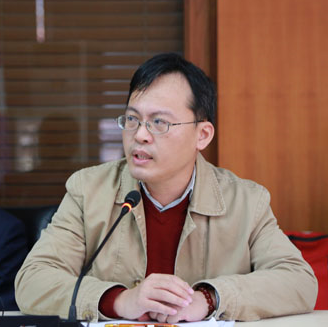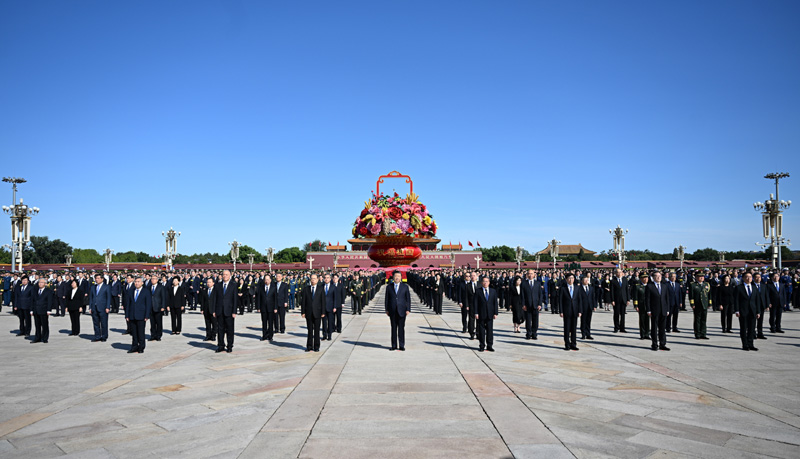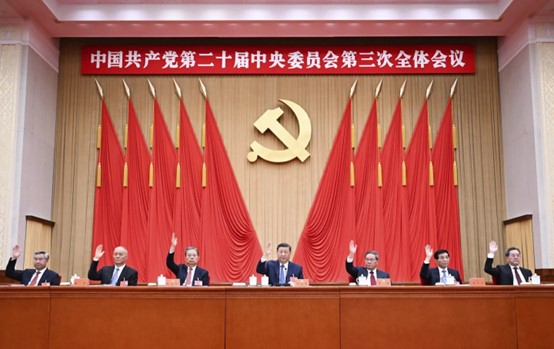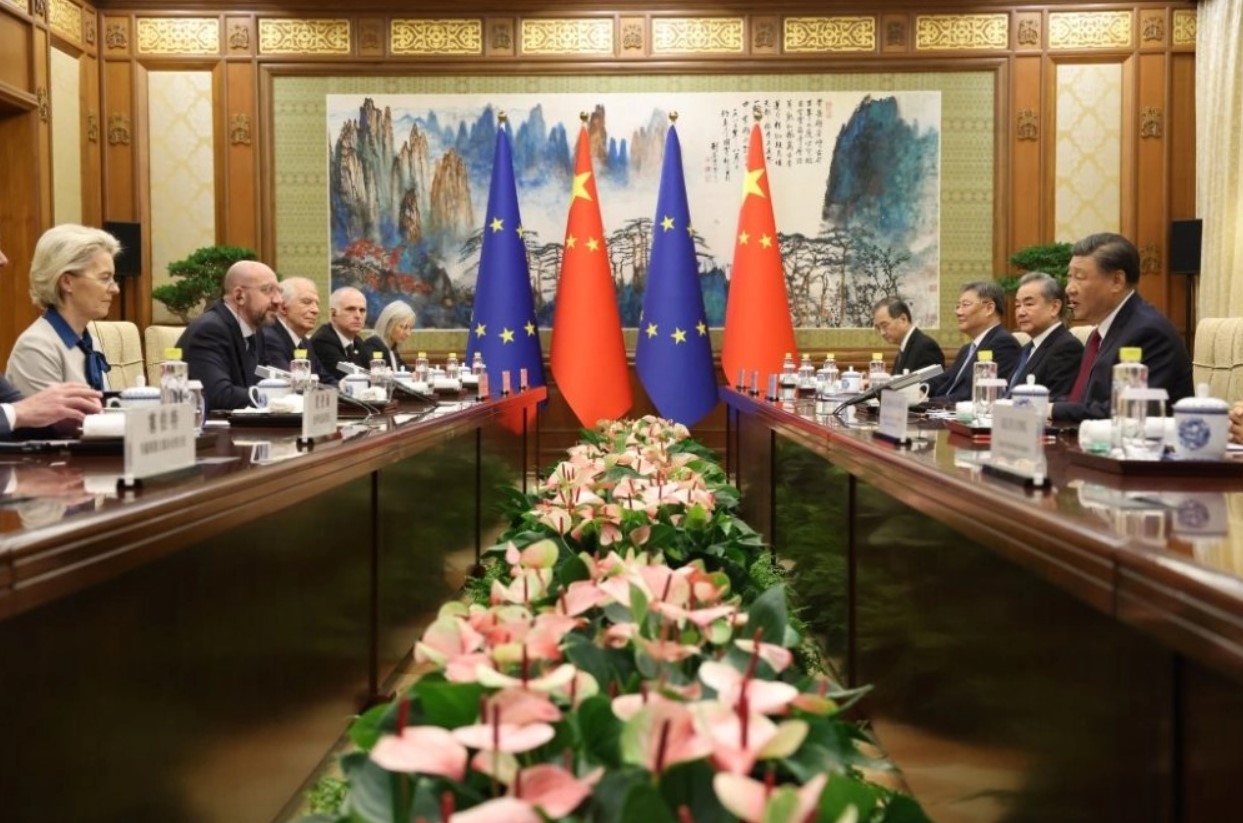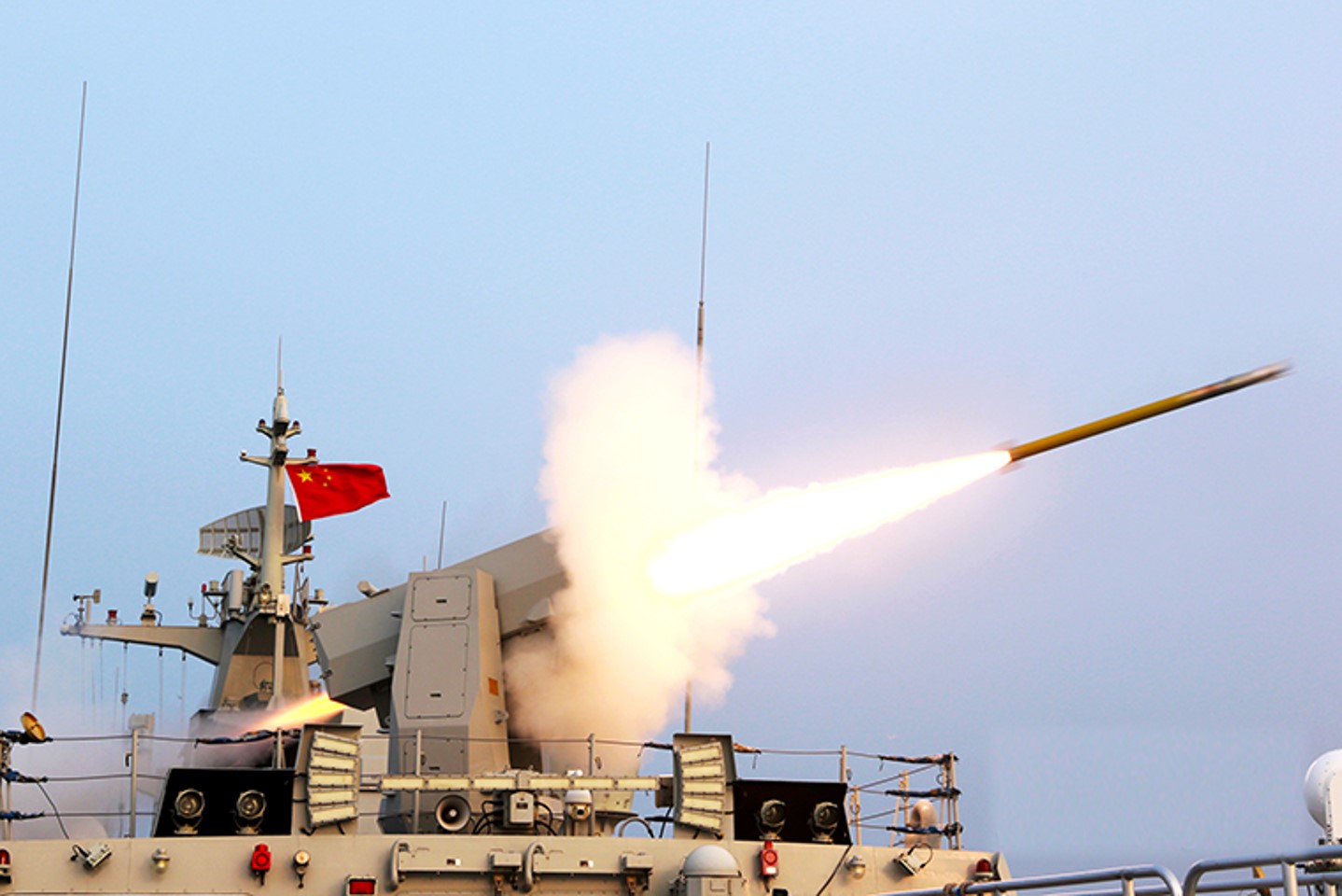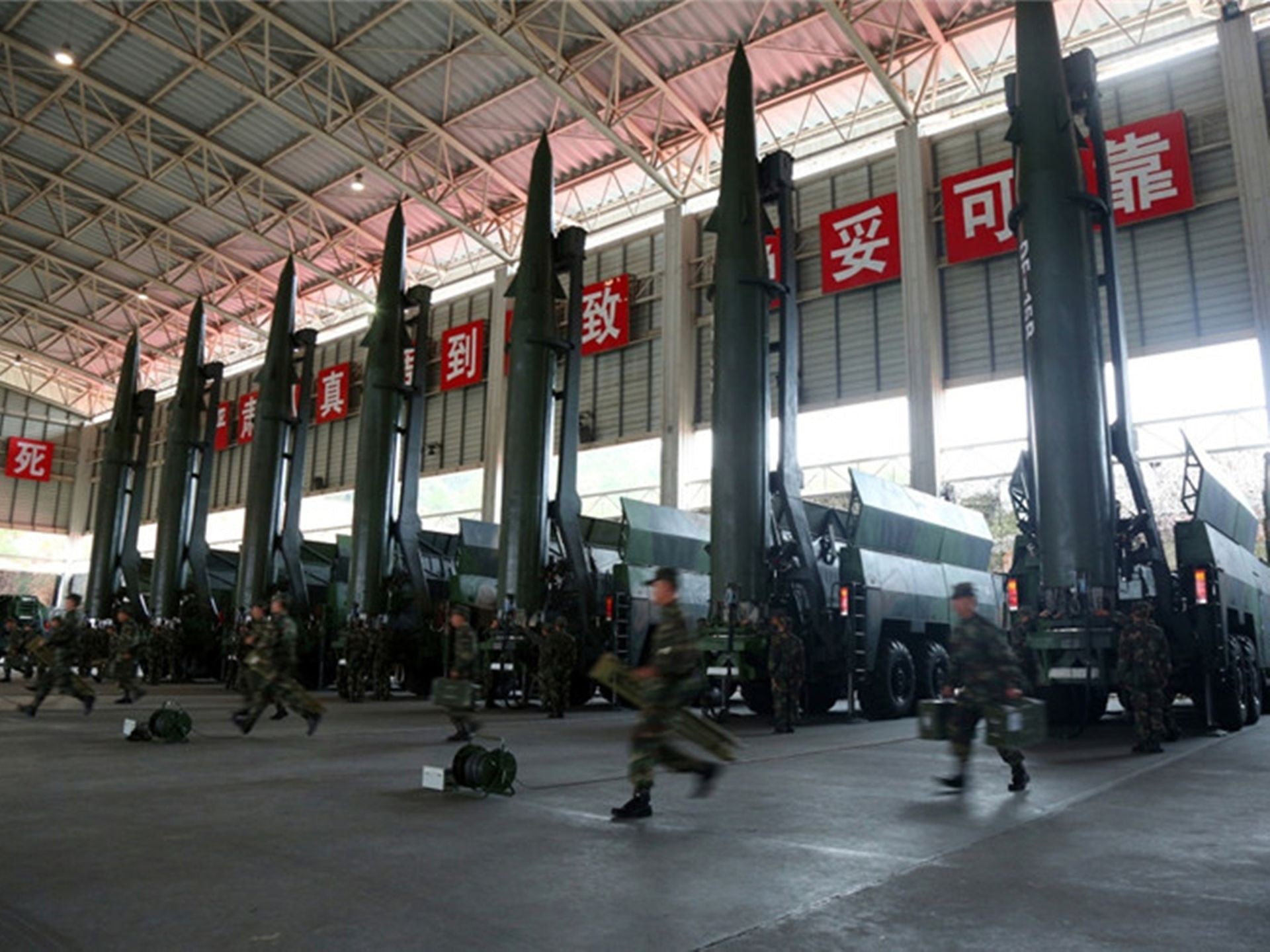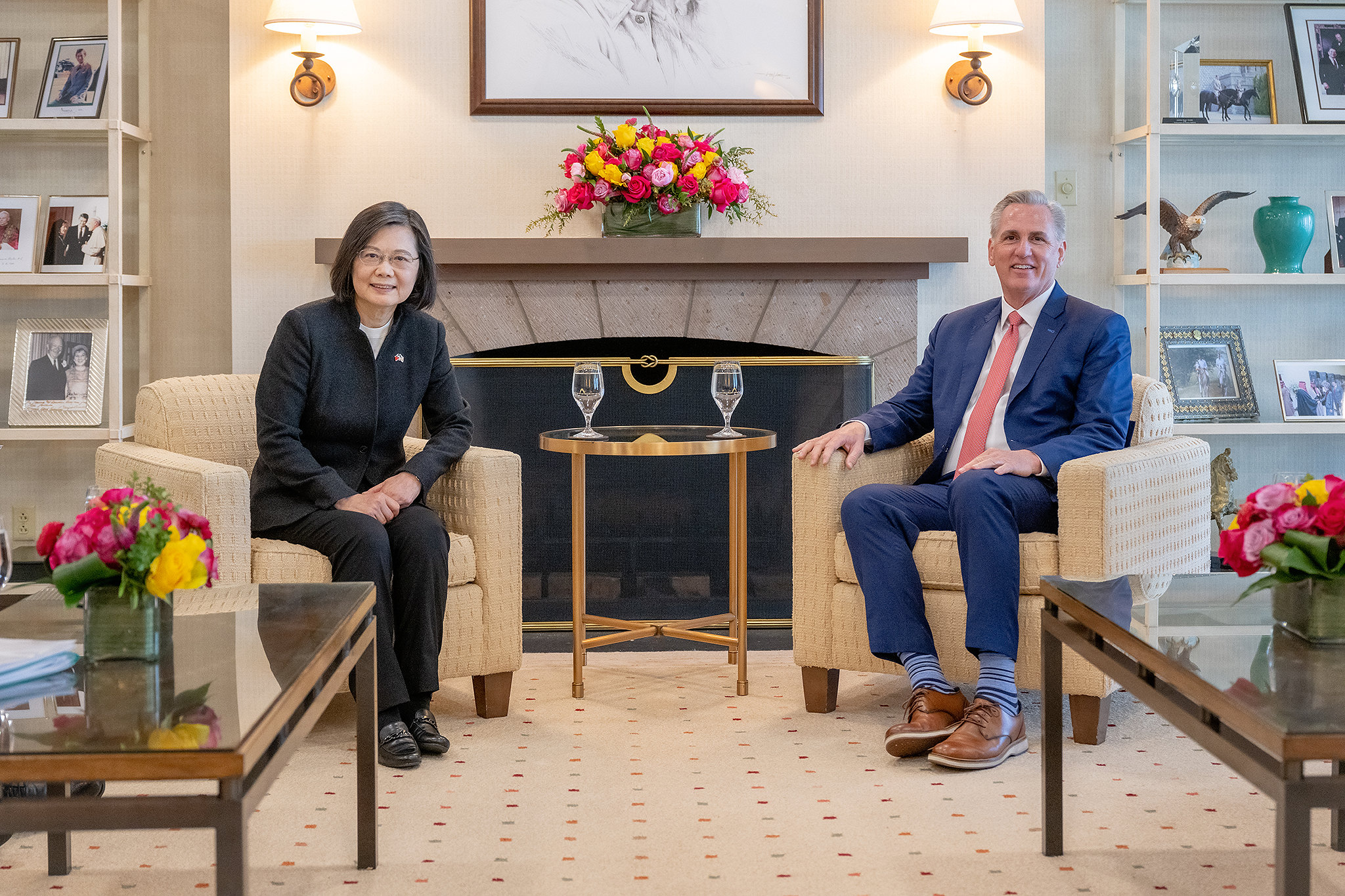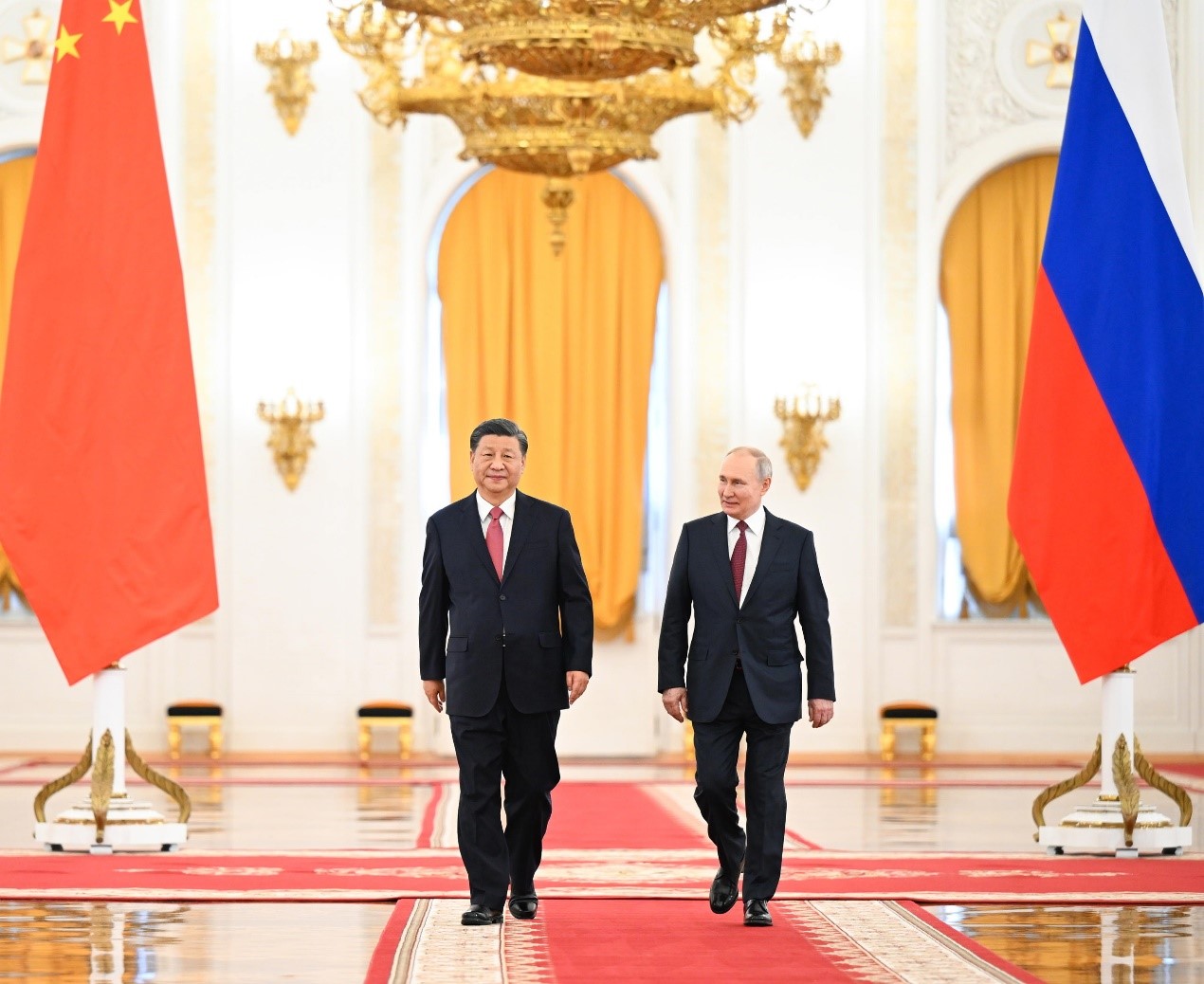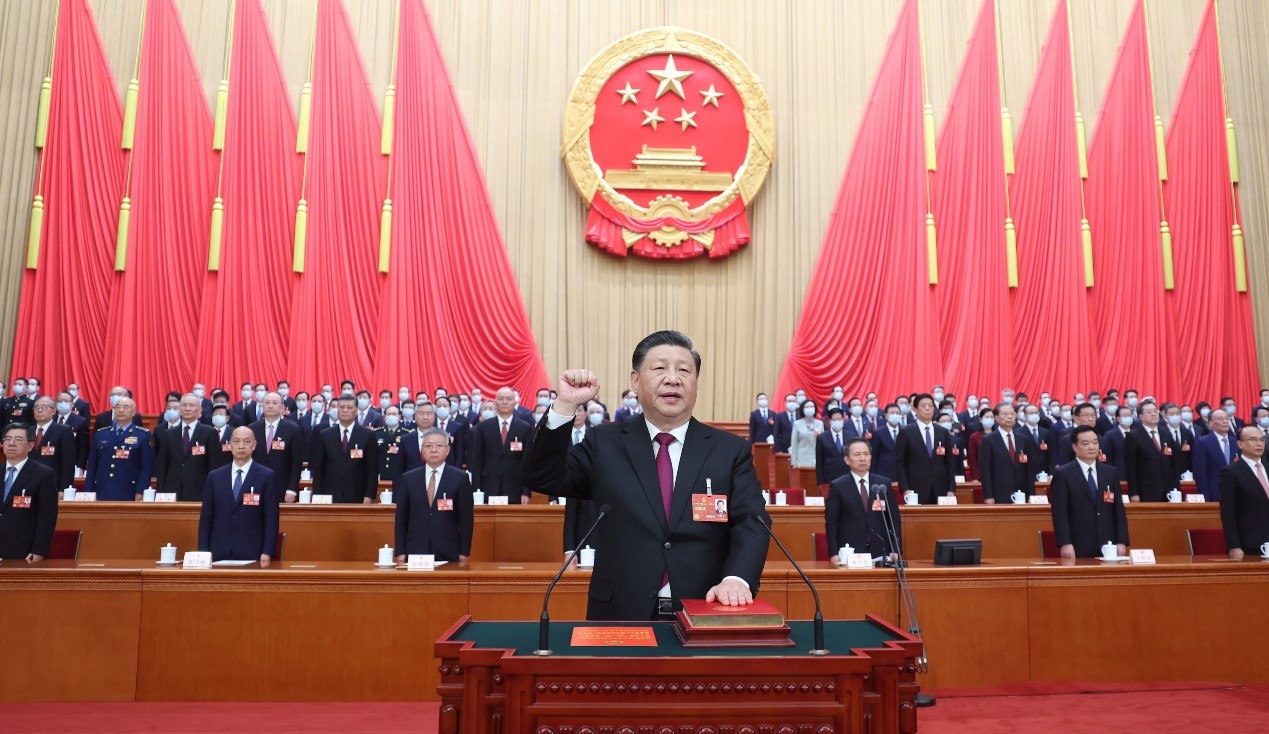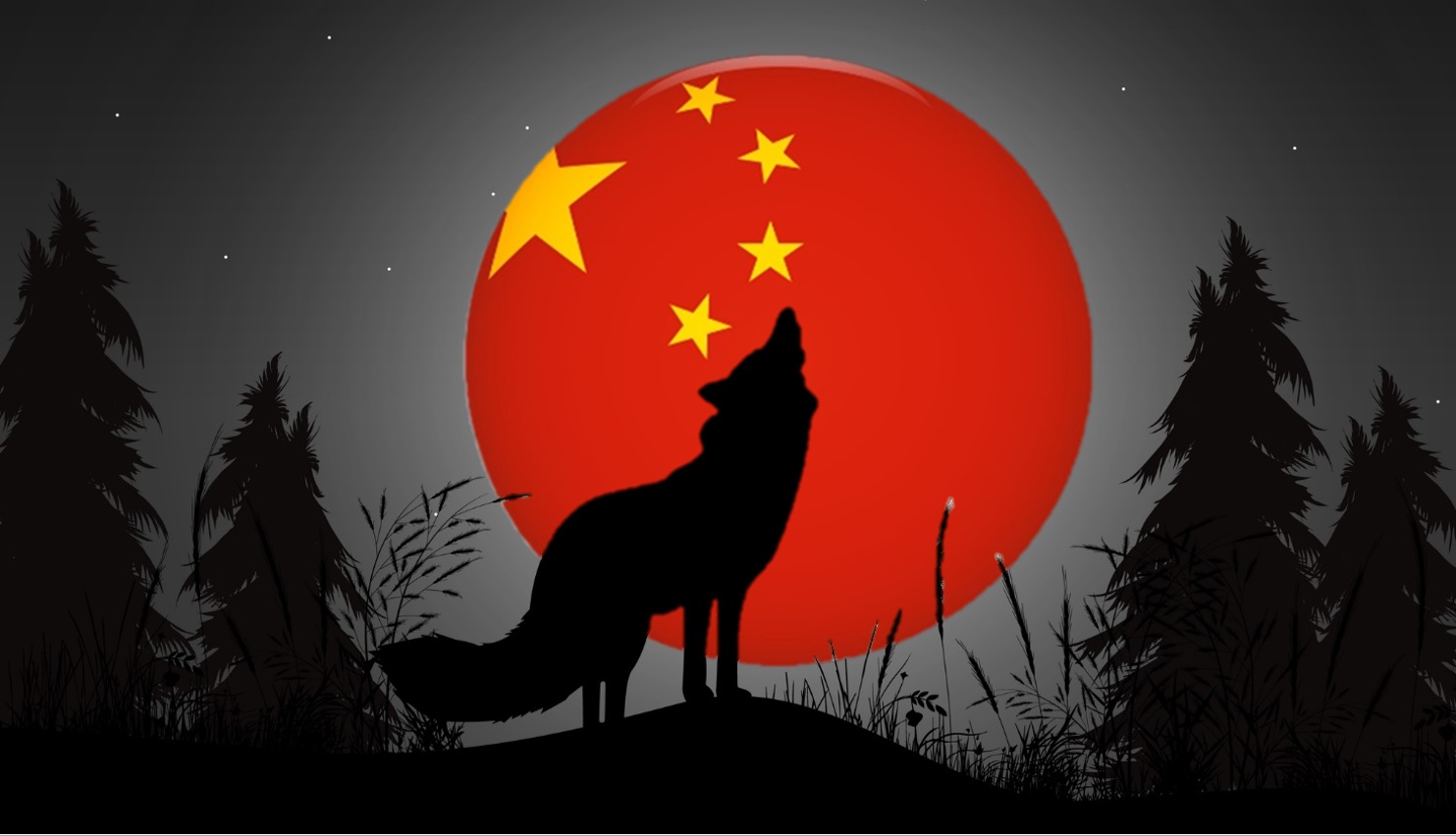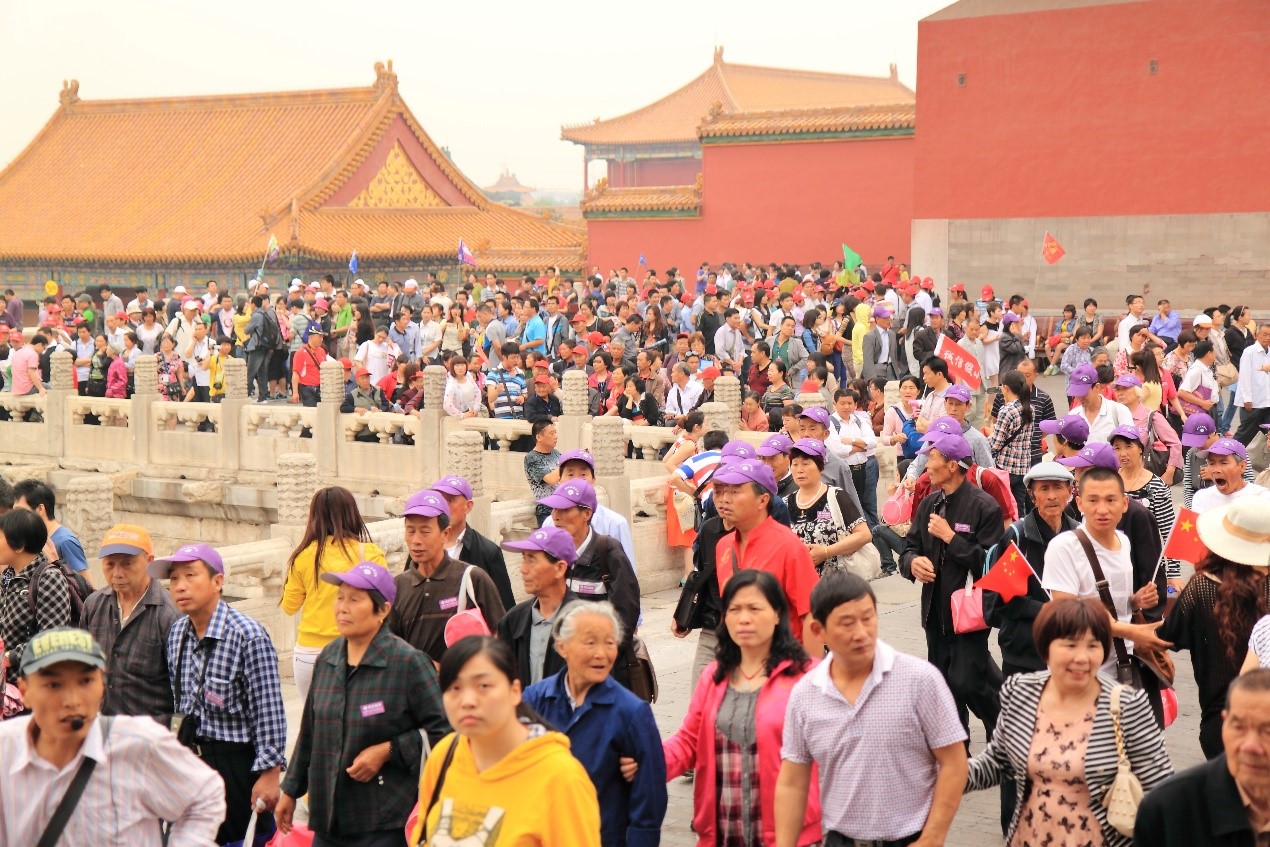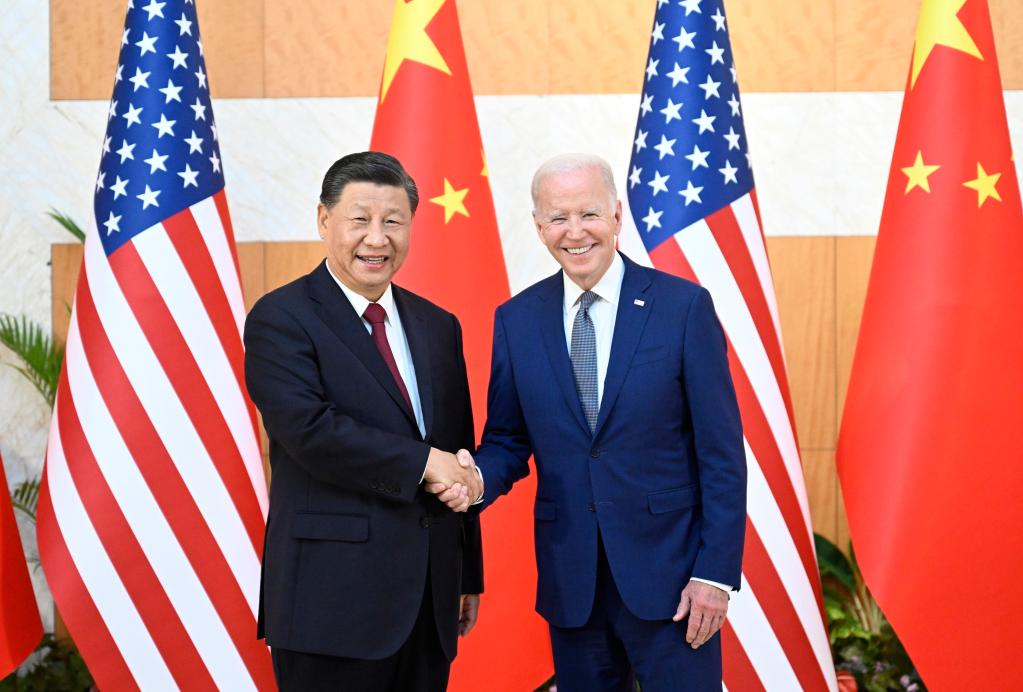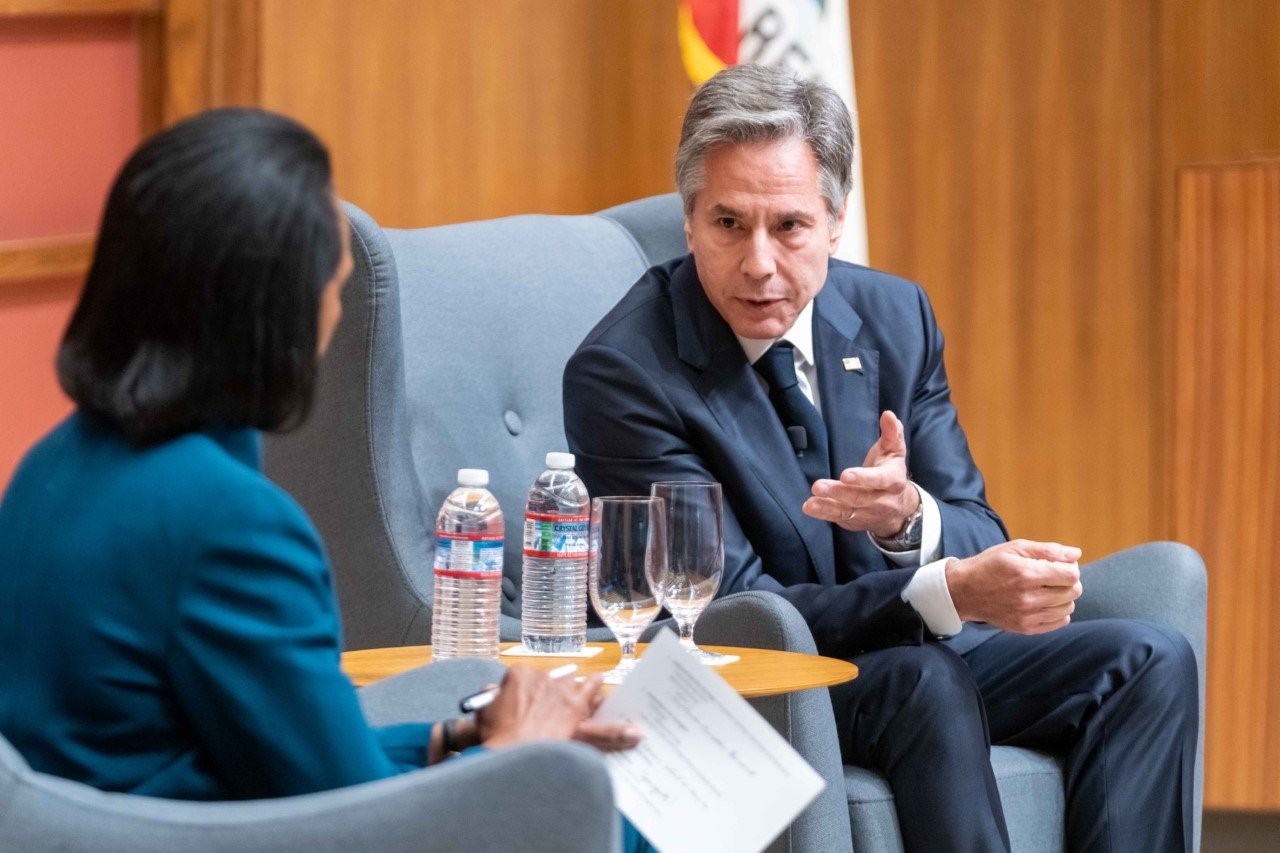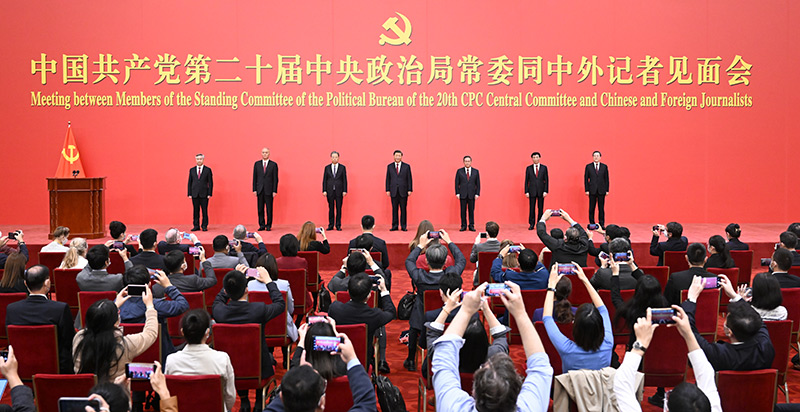The Disappearance of Senior Chinese Officials and the Political Situation Under Xi Jinping
Since June 2023, several senior Chinese officials have not been seen in the public media and are deemed “political disappearances” by the international community. Xi may increase the intensity of anticorruption and the scope of investigations to create an atmosphere of political terror to keep cadres in awe of Xi and to consolidate his absolute control over the CCP’s politics. Picture source: 謝環馳, September 30, 2023, China Gov, https://www.gov.cn/yaowen/liebiao/202309/content_6907159.htm
Prospects & Perspectives No. 54
The Disappearance of Senior Chinese Officials and the Political Situation Under Xi Jinping
By Wen-hsuan Tsai
Since June 2023, several senior Chinese officials have not been seen in the public media and are deemed “political disappearances” by the international community. These officials, including State Councilor and Foreign Minister Qin Gang, have not been publicly seen since the end of June.
According to rumors, his disappearance may be due to extramarital affairs and leaking sensitive information to the United States. In addition, the former commander of the Rocket Force, Li Yuchao, and the political commissar, Xu Zhongbo, have recently vanished and been removed from their positions. In July, the Chinese Communist Party (CCP) replaced Li and Xu with non-Rocket Force generals, suggesting the party’s distrust of generals from within the Rocket Force. Moreover, State Councilor and Defense Minister Li Shangfu has not been seen in public since the end of August. According to international media, Li is under investigation for corruption in the procurement of military equipment. CCP-controlled official media have not explained the current situation and disappearance of these officials. However, in public media they have usually cited health factors as the reason for their disappearance.
The most likely explanation for the disappearance of these cadres between the end of June and the present day is that they have committed personal disciplinary violations, such as corruption and private life issues. However, private life may not be the most important factor. Take Qin Gang as an example. He allegedly had an affair with a female news anchor and fathered an illegitimate child. However, having mistresses is not uncommon among Chinese officials. It is possible that the arrest of Qin Gang was related to the sale of intelligence to the United States. Even if Qin was not personally involved in this matter, it is likely that his mistress, Fu Xiaotian, learned some Chinese diplomatic secrets from him and passed them on to U.S. intelligence during their relationship. This is no longer a matter of inappropriate personal style; rather, it is closely related to the national security of China.
The CCP discovered that Qin’s violations of discipline and the law may be related to the “Counterespionage Law” that China announced in April 2023. This statute encourages cadres and the general public to report matters and individuals that threaten national security. The peculiar relationship between Qin and Fu, as well as the suspicion that the two sold intelligence to the United States, may also be reported by colleagues or family members. After the passage of the Counterespionage Law, the CCP is expected to exercise a tighter grip on personnel and use national security as an excuse to arrest and investigate them at any time.
Concerning the investigations of military generals, they may be connected to corruption in the arms procurement process. In light of the continued tensions between the United States and China, Beijing has actively increased its modern military development, with annual military expenditures exceeding 100 billion yuan. However, due to national security concerns, these transactions are rarely if ever fully disclosed, and China lacks normal parliamentary politics to oversee the government budget, as is the case in democratic countries. Therefore, generals have great control and discretion over how military expenditures are spent. Even if the military has a disciplinary inspection committee, it must take orders from the unit head and cannot independently handle cases. The promotion of these military generals is a direct result of Xi Jinping’s support and direction. In recent years, he has emphasized the importance of official promotion and the need to punish leaders who promote problematic officials. From this perspective, Xi has committed the political mistake of “promoting problematic cadres without careful consideration”(用人失察), which to a certain extent has undermined his legitimacy. From the perspective of traditional Chinese political culture, however, the requirements and instructions of the top leader have always governed only the conduct of subordinates, whereas the leader’s actions are unrestricted. Therefore, Xi’s political blunders may remain a party-wide secret.
Some observers believe that Xi’s recent anticorruption campaign is a diversion from China’s deteriorating economic situation. This argument might not be valid. Xi’s decision to divert public attention by attacking the cadres he once promoted is not prudent. If these officials were cadres from rival factions in the past, such as Guo Boxiong or Xu Caihou, then this view might have some validity. However, Xi’s cliques are the targets of this anticorruption campaign and investigation. Even though their relationship with Xi is not as close as that of Cai Qi and others, they are not cadres of hostile factions. Therefore, by punishing these officials, Xi may have discovered that they have indeed committed unforgivable crimes and for which they must be held accountable.
Based on the disciplinary violations and disappearances of these officials, can we conclude that Xi’s rule has already produced systemic instability? This conclusion might be too arbitrary. It is true that Xi appreciated officials who quickly filled important positions, but this does not mean that Xi has complete trust in them. In addition, the majority of them do not have a substantial working relationship with Xi. By investigating several “big tigers” at once, Xi may demonstrate his political authority further. Finally, Xi may increase the intensity of anticorruption and the scope of investigations, including the targeting of state-owned enterprises, princelings, and other military–industrial groups, to create an atmosphere of political terror to keep cadres in awe of Xi and to consolidate his absolute control over the CCP’s politics.
(Dr. Tsai is Research Fellow, Institute of Political Science, Academia Sinica)

